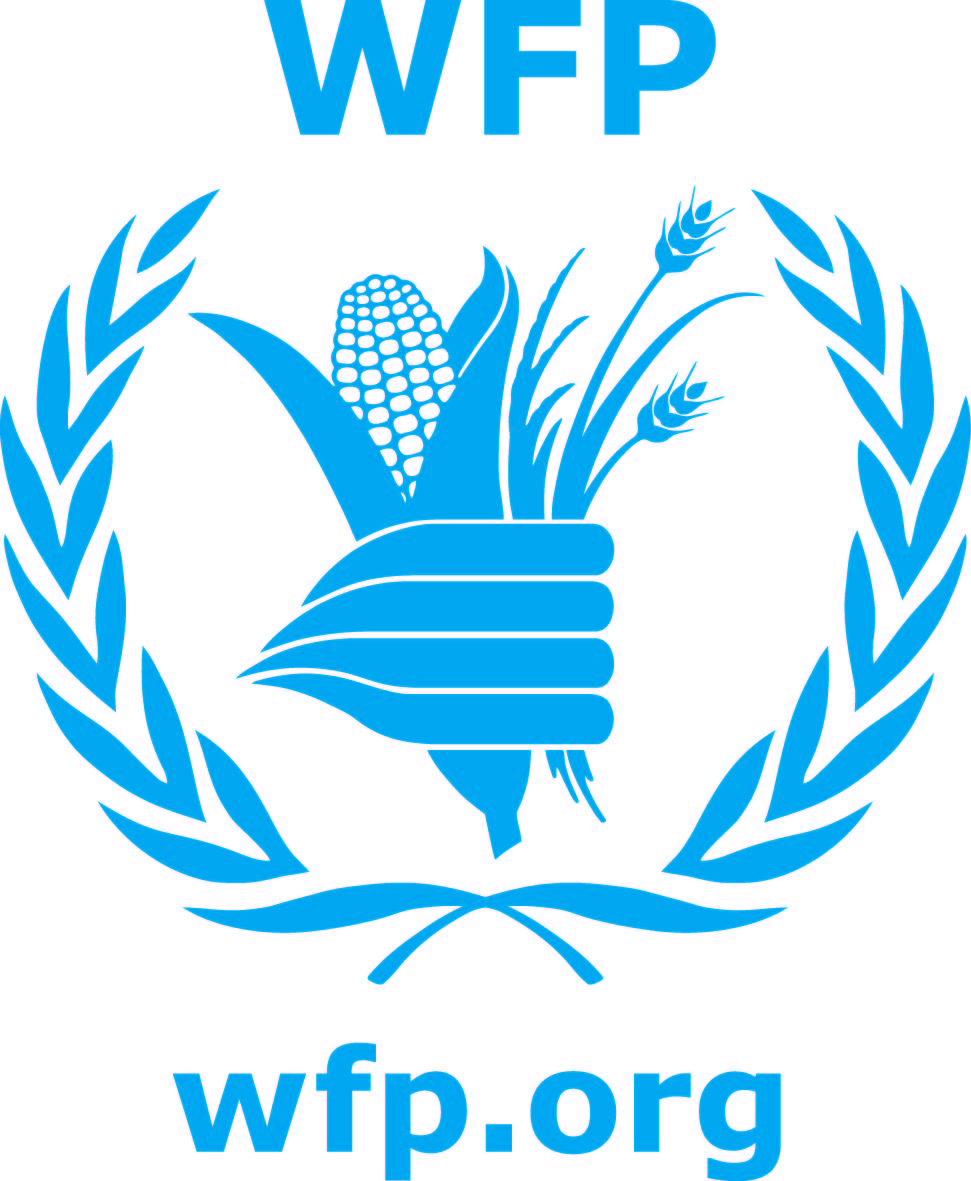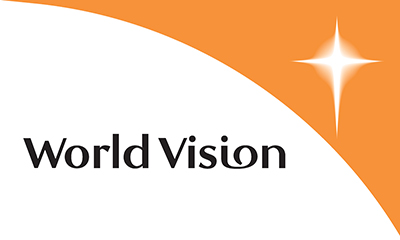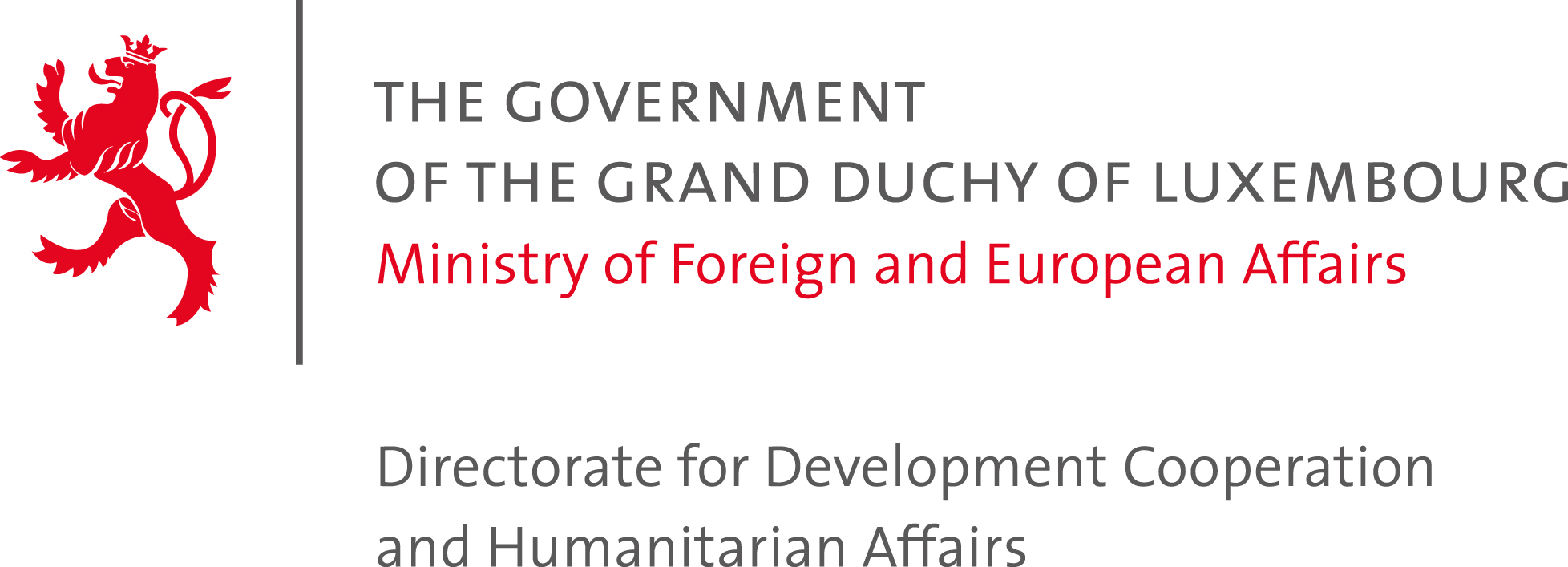The ETC2020 Project in Nepal focused on Communications as Aid and aimed to support government, humanitarian, media and private sector actors to develop a preparedness plan for an ICT response to future disasters, with a specific focus on enabling faster and better communication among communities in times of disaster.
The ETC2020 Pilot Project in Nepal started in September 2015 with the aim of supporting government, humanitarian, media and private sector actors in Nepal to be better prepared for an ICT response to future disasters, with a specific focus on enabling faster and better communication among communities, and between communities and relevant aid actors, in times of disaster. The project looked at:
- Mapping and communicating ‘lessons learned’ re. community ICT needs and gaps from the response to support programming and advocacy, refine project needs and develop a model for assessing and communicating ICT needs of communities in future emergencies.
- Facilitating the development of an ICT emergency preparedness plan with local actors, including government, private sector (MNOs and ISPs), media/broadcasting agencies, humanitarian agencies and preparedness bodies), via a workshop during which local actors can coordinate activities, assess needs and gaps, establish priorities and produce a plan for emergency ICT to benefit communities.
- Providing limited ICT support for humanitarian preparedness programming.
Two missions were conducted in Nepal to 1) assess requirements, 2) launch the in-country project.
The project team worked with the Nepal Government and WFP Nepal on ICT capacity mapping with a focus on community communication infrastructure. The project, and new ETC focus on communities, were launched at a Nepal ICT lessons learned event ‘INET’ in Kathmandu in March 2016.
A community communication events was held to highlight local initiatives (technology for community disaster communication) and support the implementation of selected projects via World Vision Nepal’s humanitarian response innovations lab in Kathmandu. The event was facilitated by an external innovations consultancy firm (‘What if’), which also aimed to build the capacity of local innovators in Nepal.
The project was led by the Global ETC cell and World Vision, in partnership with a number of organisations on the ground in Nepal.
Led by: Funded by:


